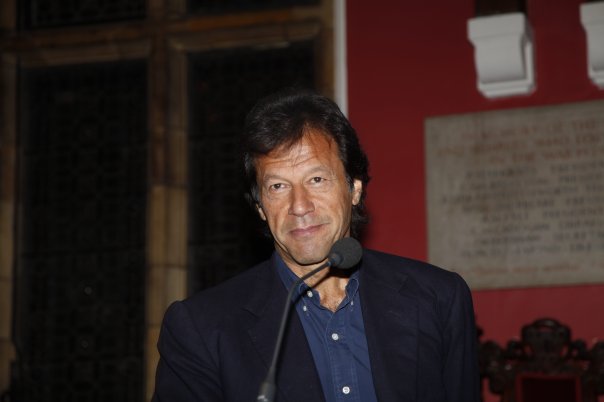Imran Khan, the leader of the Pakistan Tehreek-e-Insaf (PTI), was taken into custody a day earlier from the grounds of the Islamabad High Court (IHC) in connection with the Al-Qadir. Today, a Pakistani accountability court granted the National Accountability Bureau (NAB) an eight-day remand in connection with a trust case.
During the Al-Qadir Trust case hearing, the corruption watchdog demanded Imran’s 14-day detention. Judge Mohammad Bashir presided over the proceedings. The move was opposed by Khawaja Harris, the PTI Chairman’s attorney, who stated that the topic was outside the agency’s remit. Additionally, the NAB had kept the investigation’s report under wraps, he said. He asserted that the NAB failed to give out the inquiry report.
Harris stated that everyone has a right to a fair trial and demanded that the hearing take place in open court. Additionally, he said that a structure had been built on Al-Qadir Trust grounds, where people were given free education.
Imran Khan was shown the warrant upon his arrest, the NAB’s attorney said to the court. The legal team for Imran Khan was also given his assurance that they will receive the required papers. The NAB prosecutor said that the money collected was intended to be sent to the Pakistani government but was instead sent to Bahria Town in a case of corruption the UK National Crime Agency is looking into.
The troubled former cricketer-turned-politician has been accused of profiting off his reduced purchases of presents from the Toshakhana state repository while serving as Pakistan’s prime minister. The Toshakhana, a division under the administrative control of the Cabinet Division, was formed in 1974 and stores unique gifts that international dignitaries and heads of other countries and nations have given to monarchs, politicians, bureaucrats, and officials.
Following Khan’s arrest, there were violent demonstrations in several cities and assaults on military targets, which compelled the government to send Army forces into some areas of Punjab, Pakistan.
Also Read: India, Pakistan and the Changing Rules of Engagement: Here’s What you Need to Know


